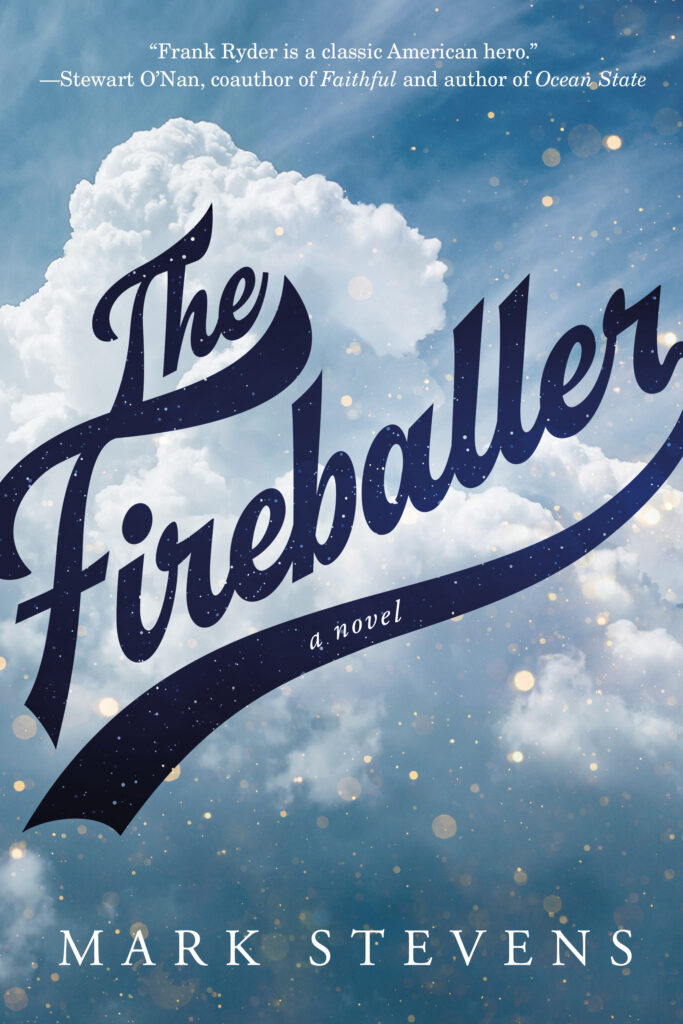In 1980, I moved from Los Angeles to Denver and took my second job in journalism, working for The Rocky Mountain News. A friend worked there. He was someone I knew from my youth in the suburbs of Boston. My friend, Phil Reed, turned me on to mysteries. And I started reading them with abandon. Patricia Highsmith, James M. Cain, Ross MacDonald.
By the time I went off to take my third job in journalism, three years later, I thought maybe I should try writing one. I wondered: how hard is it?
I spent the next 33 years with my writing head firmly anchored in the world of crime fiction. I published five novels in a series and also wrote three stand-alones, too.
I started going to Left Coast Crime. I attended many Bouchercons (the big kahuna of mystery writer cons). I got actively involved in Rocky Mountain Mystery Writers of America and served on the national board for four amazing years. I judged the Edgar Awards and was lucky enough to give the award for Best Novel one year (to Attica Locke for Bluebird, Bluebird) as the “big finale” award at the Mystery Writers of America banquet in New York City.
I made friends who were mystery writers. Some of them were/are nationally-known, big-time crime fiction writers. How cool!
And, yes, I got actively involved in RMFW, too. I served on the board and enjoyed my stint as president. But I came at the organization as a mystery writer. I was happy to huddle and network with my friends in romance, sci-fi, young adult and historical fiction. Sure. But my “brand” remained the world of mysteries.
And then in 2018 a friend (not a writer) mentioned an idea for a novel. The idea was not crime fiction. The idea was literary in nature.
Gasp.
It felt like a leap. It felt like too big a leap. It felt, maybe, a bit pretentious to think I could leave my comfortable world of crime solvers and sleuths and do something “literary.”
Quick side note: some of the best ‘literature’ I’ve ever read is embedded within the mystery realm. And sci-fi. And YA. And so on. Don’t get me wrong here.
The thing is that “literary” implies less structure. Mysteries, ultimately, suggest closure. The killers is captured and the world is restored to order.
Beginning, dead body. Middle, the investigation. The end? Either capture the antagonist or the killer gets killed.
But my friend’s idea was a good one. The evening after my friend suggested the concept, another element of the story came to me out of the blue that added emotional stakes. Big emotional stakes.
So I dug in.
I don’t want to oversimplify. But I applied all the things I had learned to a novel novel.
Character, setting, dialogue, tension, emotion, conflict.
I guess the big reveal to my writer brain was that I needed closure in a non-genre novel, too. I was hungry for closure for my protagonist and I thought readers would want him to find peace, too. My main character starts the novel in a very unsettled emotional space. He’s grieving, but he buries the grief. His external self is a shell. He doesn’t really understand all that he’s feeling. He needs to find equilibrium. Somehow. Some way.

The answer came as I wrote. (I’m not an outliner.) And it felt right.
Eighteen months later, I turned the novel into my agent. He had been tracking progress and offering suggestions, so he pretty much knew what I had. Two years later (thanks, pandemic) the book sold. One year after that, the book is about to see the light of day. Published by Lake Union, The Fireballer officially releases on Jan. 1, 2023. But it was selected this month for the Amazon First Reads program so Kindle readers who also belong to Amazon Prime can get it this month for free.
What’s my point?
Be open to other ideas.
Be open to writing outside your easy place.
Words don’t cost anything except time. All the things you’ve learned apply. They’re all stories. And stories need character, setting, dialogue, tension, emotion, conflict, and resolution.
Feeling stuck? Feeling like you’ve written the same thing a few times? Try something else.
It’s not as scary as you might think.
++
Fork in Road Photo: Jens Lelie on Unsplash


A great topic and heartfelt advice. For a few golden months, I worked with a stimulating writer’s group. I entered as an unpublished novelist writing detailed alternative history. The other members included a mystery writer, two fantasy novelists, and a romance author. We exchanged and critiqued our respective chapters and I was soon inspired to try my hand at less familiar genres. As a result, I now have three published cozy mystery novels and one work of epic fantasy in print. So, as you say, “try something else.”
Excellent, Don. That’s fantastic.
Great post, Mark. And it shows story values transcend genre. Kudos to you for reaching beyond your comfort zone and continuing to grow as a writer!
Thank you Stephanie!
Excellent advice, Mark–with your terrific success story to back it up. Way to go!
Thank you, pal!
Congratulations, Mark! What an inspiring story. Reaching is hard. Thanks for the encouragement!
Thanks, Carol!
Thanks, Carol!